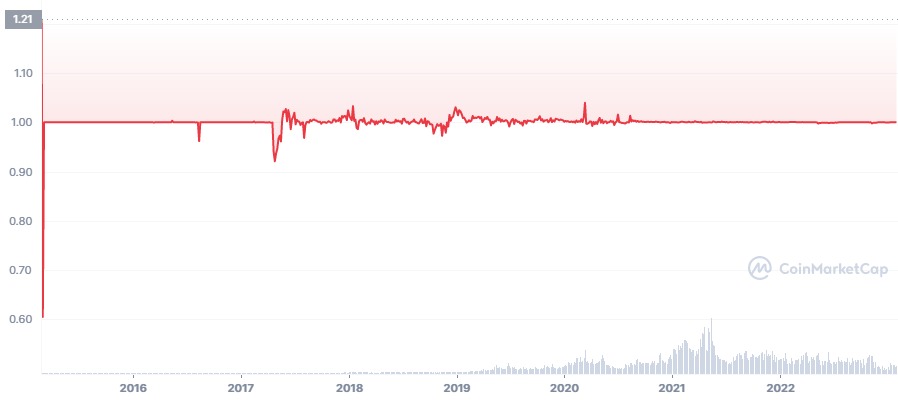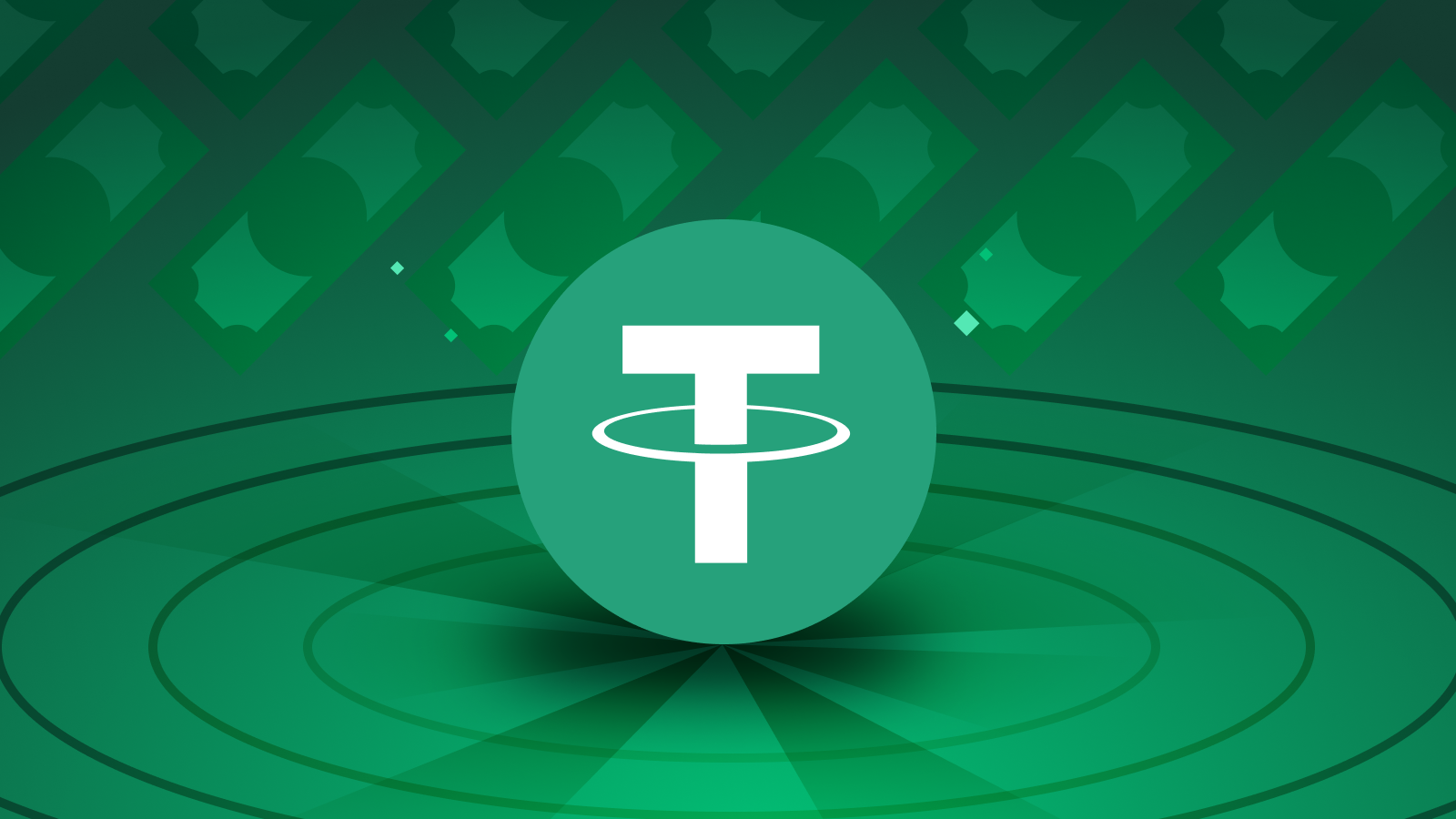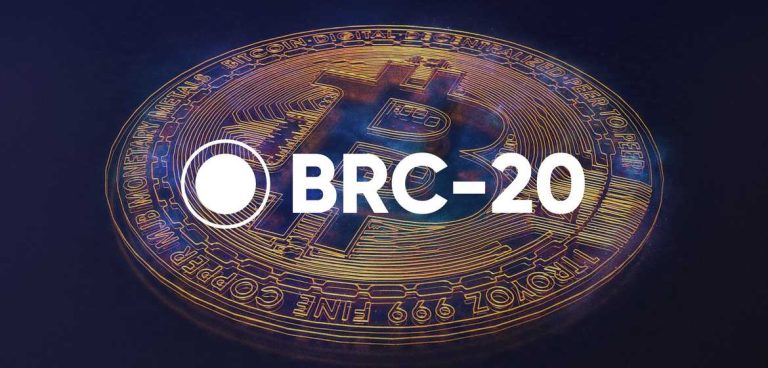
USDT Price Stats
- Market Cap: $83,125,278,285
- Circulating Supply: 83,157,877,104
Supply Cap: N/A
All Time High: $1.32 (-24.4%) July 24, 2018
All Time Low: $0.572521 (74.7%) March 02, 2015
A Brief History of USDT
USDT Tether is a stablecoin pegged to the US Dollar. A stablecoin is a type of cryptocurrency whose value is attached to another fiat currency like the US Dollar or a commodity like Gold. It launched in 2014 its current price is $1.00, with a 24-hour trading volume of $49,552,815,529. USDT price is down -0.1% in the last 24 hours. It has a circulating supply of 83 Billion USDT coins and a total supply of 83.2 Billion.
USDT’s Ranking on Coinmarketcap is #3, and its Ranking on Coingecko is also #3. USDT can be bought on Binance, OKX, MEXC, CoinFLEX, and FTX.

USDT Team
USDT — formerly, Realcoin — was launched in 2014 by Brock Pierce, Reeve Collins, and Craig Sellars.
Brock Pierce is a well-known entrepreneur who has co-founded several high-profile projects in the crypto and entertainment industries. In 2013, he co-founded a venture capital firm Blockchain Capital, which by 2017 had raised over $80 million in funding. In 2014, Pierce became the director of the Bitcoin Foundation, a nonprofit established to help improve and promote Bitcoin. Pierce has also co-founded Blockone, the company behind EOS, one of the largest cryptocurrencies on the market.
Reeve Collins was the CEO of Tether for the first two years of its existence. Before that, he had co-founded several successful companies, such as the online ad network Traffic Marketplace, entertainment studio RedLever and gambling website Pala Interactive. As of 2020, Collins is heading SmarMedia Technologies, a marketing and advertising tech company.
Other than working on Tether, Craig Sellars has been a member of the Omni Foundation for over six years. Its Omni Protocol allows users to create and trade smart-contract-based properties and currencies on Bitcoin’s blockchain. Sellars has also worked in several other cryptocurrency companies and organizations, such as Bitfinex, Factom, Synereo, and the MaidSafe Foundation.
Advantages of USDT
- Fast transactions and low fees
- It greatly facilitates protecting the funds of traders and traders interested in working with cryptocurrencies.
- Its price is stable. In the case of USDT, its value is 1 USDT equal to 1 $ USD.
- The level of acceptance of the coin by the crypto community. Many investors use the tokens outside the market.

Disadvantages of USDT
- It is difficult to sell large amounts of USDT on Tether exchanges
- To buy or sell USDT digital coins on the company’s website, you must provide scans of documents
- No possibility of USDT mining.
Use Cases of USDT
- Easily move funds between exchanges: With Tether, you can move your funds between exchanges. It is also useful for arbitrage trading with other coins.
- Trade on crypto-only exchanges: Some exchanges do not have facilities for fiat deposit and withdrawal but do allow USDT trading. By obtaining Tether first, you can trade on these exchanges without worrying about the market volatility of placing your main trading funds in BTC (or other cryptos).
- Quick access to market stability: If the price of Bitcoin or other crypto assets is falling fast, you can trade quickly to USDT instead of trying to cash out.
- Forex-style trading: Since USDT is pegged to the USD, you can do Forex-style trading by exchanging local (non-US) currencies into USDT when their value is high against the USD. You can then cash out to local currencies when the local currency drops or exchange for other assets.
Summary
USDT is a stablecoin, a type of cryptocurrency that aims to keep cryptocurrency valuations stable. Tether is used by crypto investors who want to avoid the extreme volatility of other cryptocurrencies while keeping value within the crypto market.
Sources:
http://web.archive.org/web/20221108195331/https://worldcoin.org/articles/what-is-a-stablecoin/
https://coinmarketcap.com/currencies/tether/
https://academy.binance.com/en/articles/what-is-tether-usdt/
https://ox-currencies.com/pros-and-cons-of-investing-in-tether-usdt/




